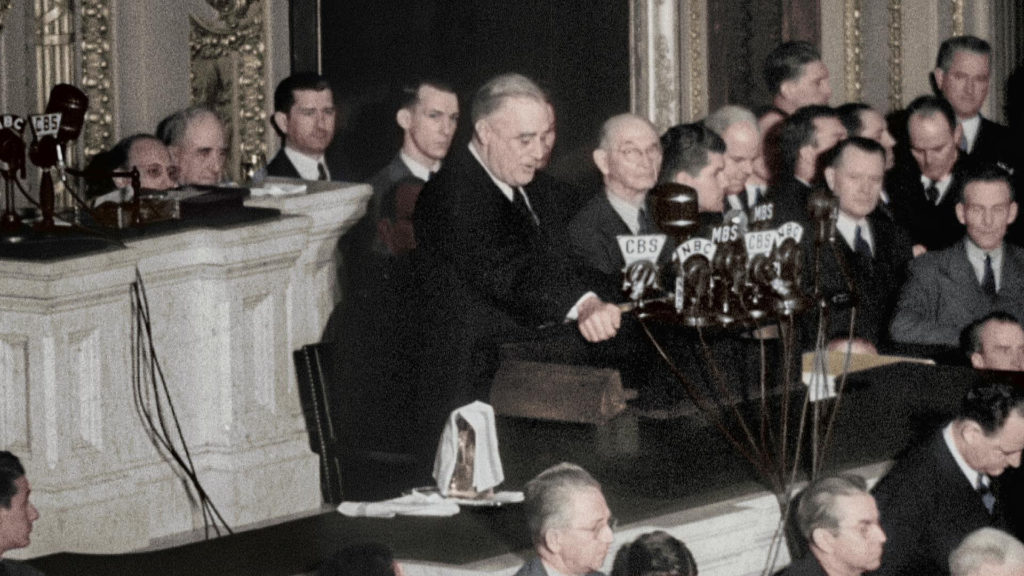Forget the maxim that says “actions speak louder than words;” words are just as mighty as the deed for parents ho want to pass their religious beliefs to their children, according to a Purdue University study that examined how parents influenced the religious beliefs of students aged 18 to 25.
“We focus a lot on telling parents to model particular behaviors for their children, but it’s not enough for parents to just model beliefs for their kids if they want them to adopt their religious beliefs,” said Lynn Okagaki, an associate professor of child development and family studies at Purdue University, whose study appeared in the April/June 1999 issue of the Journal of Applied Developmental Psychology. “Parents have to talk about those beliefs. They have to share their thoughts with their child.”
In her study, Okagaki queried 58 female and 36 male students at Purdue University about, among other things, the students’ relationships with their parents, as well as their religious beliefs and views of their parents’ beliefs.
The students’ parents also completed a questionnaire about their religious beliefs and their parenting goals and practices.
The study found children were more likely to adopt their parents’ beliefs when they had a clear understanding of what their parents believed, Okagaki said.
“If a parent wants a child to have the same values, the child has to have an accurate understanding of what he parent believes,” she said. “We found the accuracy of a child’s perception of a parent’s beliefs is affected by all of the things that a parent does,” for example, taking time to explain the parent’s beliefs and encouraging the child to participate in activities the parent thinks support those beliefs.
A child is also more likely to adopt their parent’s belief when the parent-child relationship is a good one, Okagaki said.
“What also affects a child’s desire to adopt a parent’s belief is the child’s perception of how important that belief is to the parent, and the quality of the parent-child relationship,” Okagaki said. “If a child has a warm and trusting relationship with a parent, then the child is much more likely to want to adopt that parent’s belief.”
The study also found when a particular religious belief is accepted by both parents, their child is likely to do the same.
“What we fond is that when parents agree on a belief, their child perceives the particular belief to be more important and has a stronger desire to adopt the parents’ belief,” Okagaki said.
But a child is less likely to adopt a particular religious belief when both parents hold different beliefs, the study concluded.
“There’s less of an impetus to adopt one parent’s particular belief because the child get the perception that on this particular issue a variety of positions is OK,” Okagaki said.
“The child knows it is OK to hold different beliefs. For example, if one parent goes to church and the other parent does not, the child gets the message there are acceptable alternative positions to going to church,” she said.
Okagaki said she has launched a similar study of 24 middle school-aged children, and intends to track the development of their religious beliefs — as well as the influence of parents upon those beliefs — over time.
“I want to see what kind of messages they are receiving from their parents right now, and then follow their character development as they become adults,” she said. (RNS)





Share with others: